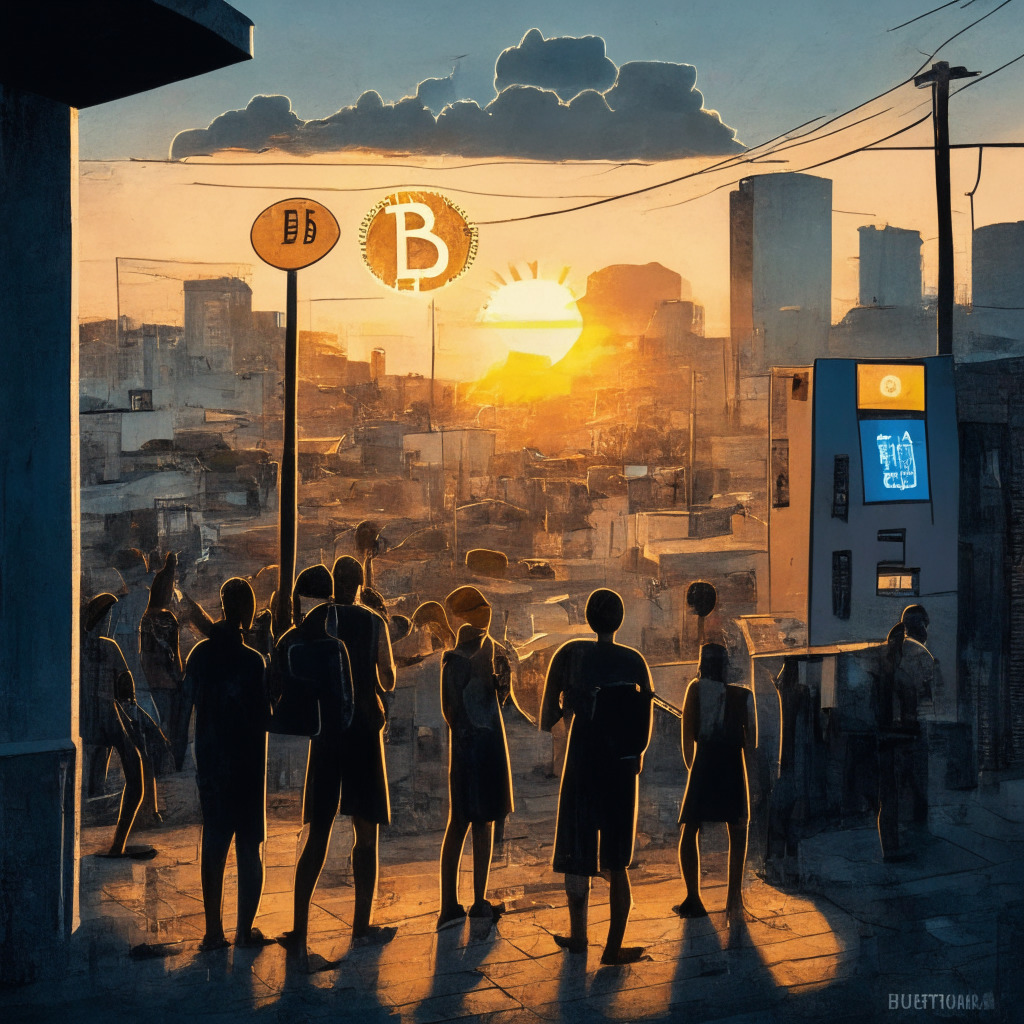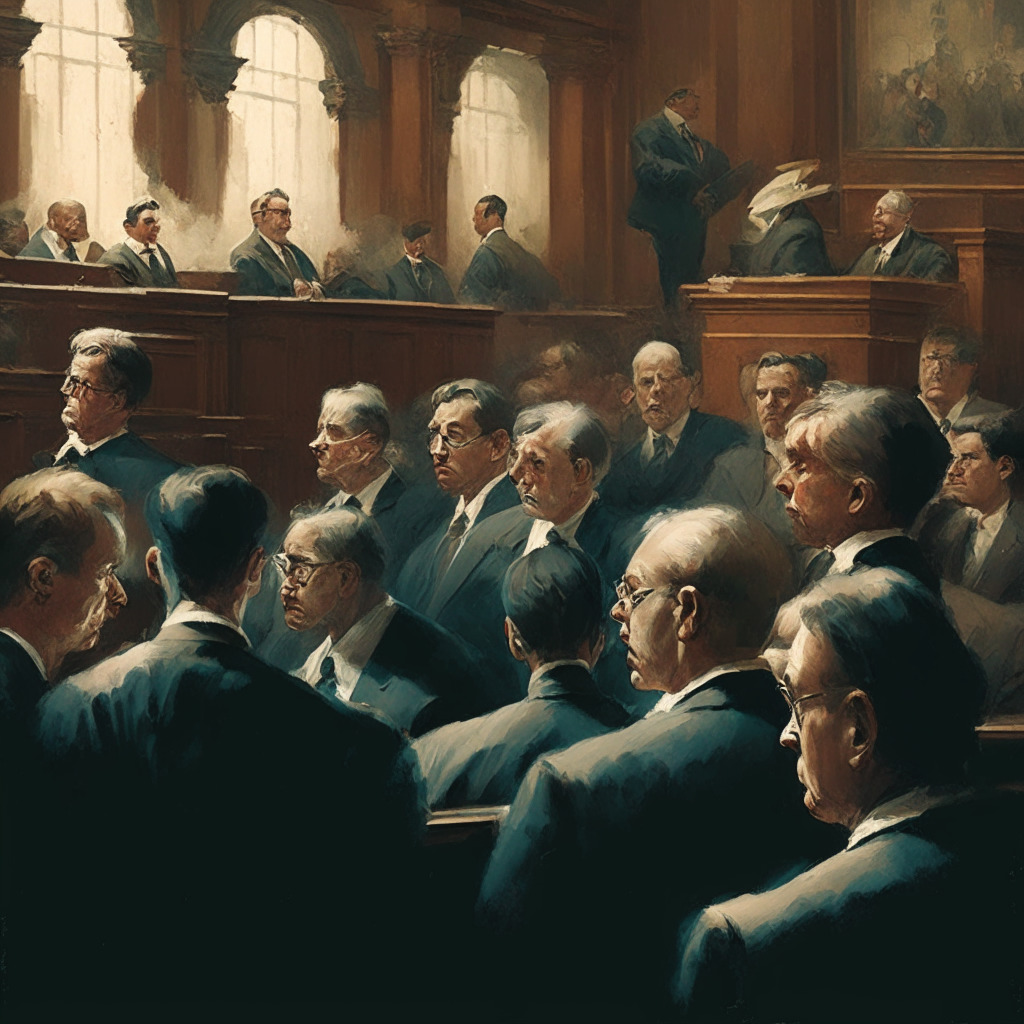In an unprecedented move, El Salvador became the first nation to adopt Bitcoin as its second national currency alongside the U.S. dollar in September 2021. This daring maneuvering was orchestrated by the youthful Salvadoran Leader, President Bukele, and is expected to herald a new era in the nation’s economy. Yet, the fundamental question swirling around is how well this colossal financial shift is being embraced by the average Salvadoran.
El Salvador, a startup hub for Bitcoin enthusiasts, envisages Bitcoin as the future of money. The legal requirement to accept Bitcoin in businesses and the deployment of Bitcoin ATMs by the government cement this vision. Yet, the potential success of Bitcoin as a currency is contingent on the common Salvadoran’s perception, which is not fully clear.
Many Salvadorans cope with day-to-day survival, hardly keeping robust savings. Do the benefits of Bitcoin inflation-proof properties and decentralized nature genuinely offer them any value over the U.S. dollar? The response is a mixed bag, indicating a broader awareness and understanding of Bitcoin might be necessary for its full acceptance.
Simultaneously, a comparison can be drawn with the U.S. Nixon administration shifting the dollar from the Gold Standard to a fiat system in 1971. Fiat money has established its value over time because the government dictates it. Bitcoin has a chance to disrupt this system by offering an egalitarian alternative. However, is the everyday Salvadoran willing to gamble on this?
On the surface, the transition to Bitcoin may appear cumbersome, especially with high conversion fees at Bitcoin ATMs and hesitance among natives to participate in Bitcoin transactions. Settling times hinder Bitcoin as a prevalent currency, and many do not yet understand or trust the principles that underpin this digital commodity.
However, the Lightning Network, a solution reducing Bitcoin transaction times, combined with comprehensive educational programs on Bitcoin’s benefits compared to U.S. dollars, could tip the scales. The challenge exists nonetheless: to convince Salvadorans that Bitcoin is a secure, future-proof investment for their purchasing power.
In conclusion, the ambitious Bitcoin adoption experiment of El Salvador is still germinating. So, while some laud El Salvador as more open-minded and free, others hesitantly cling to old ways. It’s a juxtaposition of governmental aspiration and public apprehension that continues to shape the nation. The success of Bitcoin as a national currency is unfolding. Will it be a breathtaking renaissance or a costly misadventure? Only time shall tell. It’s indeed the dawn of a new era where history is inked in blockchain instead of fiat.
Source: Coindesk




